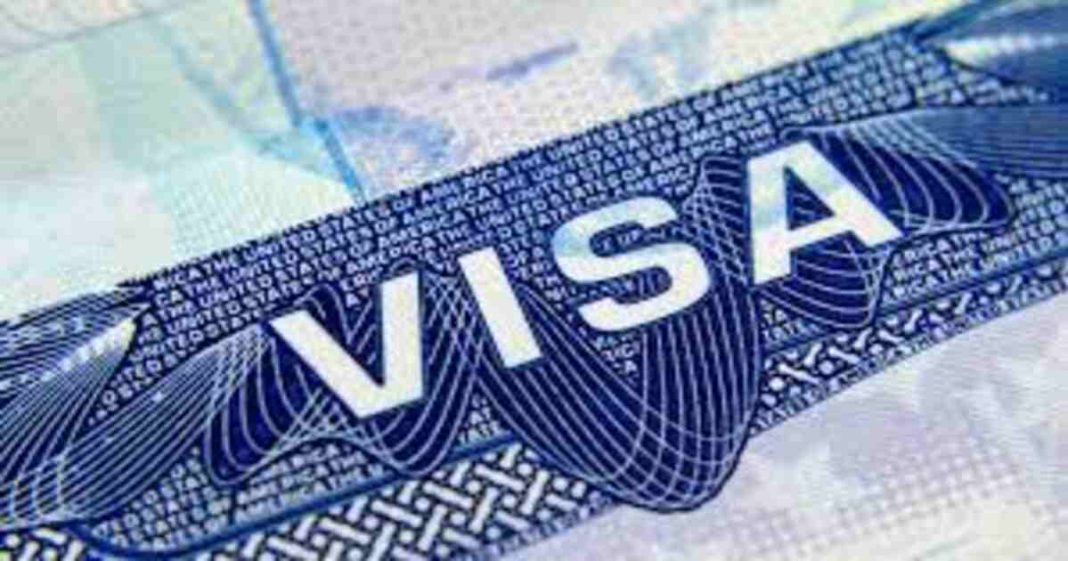Qatar has officially joined the U.S. Visa Waiver Program (VWP), becoming the second Muslim-majority nation to be admitted. The U.S. Departments of State and Homeland Security announced on Tuesday that Qatar met the rigorous eligibility criteria, allowing Qatari citizens to travel to the U.S. without needing a visa for up to 90 days. The move is seen as a testament to the growing strategic partnership between the two countries.
Meeting Stringent Criteria
To gain entry into the program, Qatar had to satisfy several conditions, including a low visa refusal rate, minimal instances of visa overstays, and a commitment to reciprocity for American travelers. As of October 1, U.S. citizens will also be able to stay in Qatar without a visa for up to 90 days, an extension from the previous 30-day limit.
Read More: Qatar Airways, flydubai suspend Beirut flights as Israel attacks
The VWP allows citizens from qualifying countries to enter the U.S. for business or tourism without first obtaining a visa, although travelers must still secure approval through the Electronic System for Travel Authorization (ESTA), a simplified online process that bypasses the need for in-person interviews.
Strengthening Bilateral Relations
Qatar’s admission to the VWP is being hailed as a symbol of the strengthened relationship between the two countries. “Qatar has been an exceptional partner for the United States, and our strategic relationship has only grown stronger over the past few years,” the departments noted in a joint statement. U.S. Secretary of State Antony Blinken emphasized that Qatar’s inclusion in the program would enhance the flow of people and commerce between the nations.
The U.S. and Qatar have long enjoyed close ties, with Washington designating Doha as a “major non-NATO ally” in 2022. Qatar has also been instrumental in regional diplomacy, particularly in brokering a ceasefire in Gaza and supporting U.S. efforts during the withdrawal from Afghanistan.
Qatar: A Unique Case in the Gulf
With a population of just over 3 million, Qatar’s demographics present a unique situation. Only about 320,000 Qataris hold valid passports, making them eligible for the VWP. The majority of the country’s residents are foreign workers and expatriates who do not possess Qatari passports. This contrasts with most nations in the VWP, which are larger countries with significantly higher numbers of eligible citizens.
Qatar now joins Brunei as the only other Muslim-majority nation in the program. The majority of countries admitted to the VWP are longstanding U.S. allies in Europe and Asia, such as the United Kingdom, Japan, and Germany.
Growing U.S.-Qatar Economic and Security Ties
Qatar’s entry into the VWP is expected to enhance economic ties, increasing business travel and tourism between the two nations. The U.S. has long recognized Qatar as an important partner in the Middle East, particularly in terms of security and regional stability. In addition to playing a pivotal role in mediating conflicts in Gaza, Qatar has been praised for its efforts to press the Taliban on human rights in Afghanistan and for its assistance in Sudan.
Washington’s formal recognition of Qatar as a major, non-NATO ally is also reflective of Qatar’s importance in U.S. military and economic strategy. The partnership has led to stronger defense cooperation, and this new visa policy is expected to further deepen those ties.
Read More: Israel’s Rafah attack set Hamas talks ‘backward’: mediator Qatar
Qatar’s inclusion in the VWP is not just a win for bilateral relations but also a signal of the U.S.’s evolving relationships in the Gulf region. Israel was the last country to be admitted to the VWP in 2023, despite concerns over its treatment of Palestinian and Arab Americans. The addition of Qatar, particularly in the current geopolitical climate, highlights the importance of the Gulf nation as a key U.S. ally.














